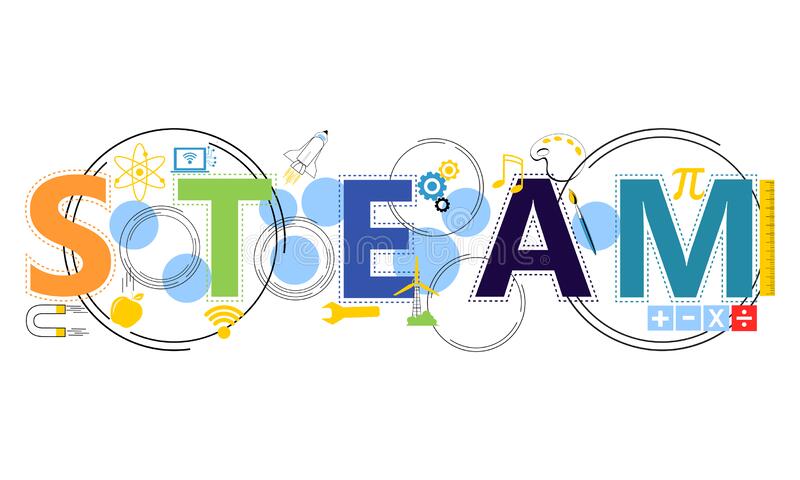Elevate Brilliance: Home Schooling Gifted Programs

Elevate Brilliance: Home Schooling Gifted Programs
Embarking on the journey of home schooling gifted programs is a pathway to unlocking and nurturing the exceptional potential of intellectually advanced students. In this article, we’ll explore the distinctive aspects of designing and implementing gifted programs within a home schooling environment, emphasizing strategies that cater to the unique learning needs of gifted learners.
Understanding the Unique Needs of Gifted Learners
Central to home schooling gifted programs is a deep understanding of the unique needs of gifted learners. These students often exhibit advanced cognitive abilities, a thirst for knowledge, and a rapid pace of learning. Recognizing and embracing these characteristics form the foundation for developing an educational approach that caters to their specific requirements.
Customizing Curriculum to Challenge and Engage
Gifted learners thrive when presented with challenging and engaging educational experiences. Home schooling gifted programs allow for the customization of curriculum content, pacing, and depth of study. Tailoring materials to match the accelerated learning pace of gifted students ensures that they remain intellectually stimulated and motivated to explore topics in greater depth.
Integrating Enrichment Activities for Depth and Breadth
Enrichment activities play a pivotal role in home schooling gifted programs by providing opportunities for both depth and breadth of knowledge. Beyond the standard curriculum, incorporating projects, research assignments, and hands-on activities enables gifted learners to delve into subjects in greater detail or explore a broader range of topics aligned with their interests.
Flexible Learning Paths to Encourage Autonomy
Home schooling gifted programs thrive on flexible learning paths that encourage learner autonomy. Gifted students often benefit from having control over their learning journey. Allowing them to choose subjects, projects, or even the pace of learning fosters a sense of independence and responsibility, contributing to their overall growth and development.
Leveraging Technology for Advanced Learning Tools
Incorporating technology is a cornerstone of home schooling gifted programs. Advanced learning tools, educational apps, and online resources cater to the tech-savvy nature of gifted learners. Integrating technology not only provides access to a wealth of information but also facilitates interactive and engaging learning experiences, aligning with the preferences of gifted students.
Fostering Peer Collaboration and Networking
While home schooling, gifted students may lack traditional classroom interactions. Creating opportunities for peer collaboration and networking is crucial. Virtual meet-ups, online forums, or collaborative projects with other gifted learners enable students to connect, share ideas, and engage in intellectual discussions, fostering a sense of community and camaraderie.
Encouraging Pursuit of Passion Projects
Gifted learners often have specific areas of passion or interest. Home schooling gifted programs should encourage the pursuit of passion projects. Whether it’s delving into advanced mathematics, exploring the sciences, or engaging in creative endeavors, allowing gifted students to focus on their passions fosters a love for learning and a sense of purpose.
Regular Assessments for Continuous Growth
Continuous assessment is essential in home schooling gifted programs to ensure that students are consistently challenged and making progress. Regular assessments, both formal and informal, help identify areas where additional enrichment is






